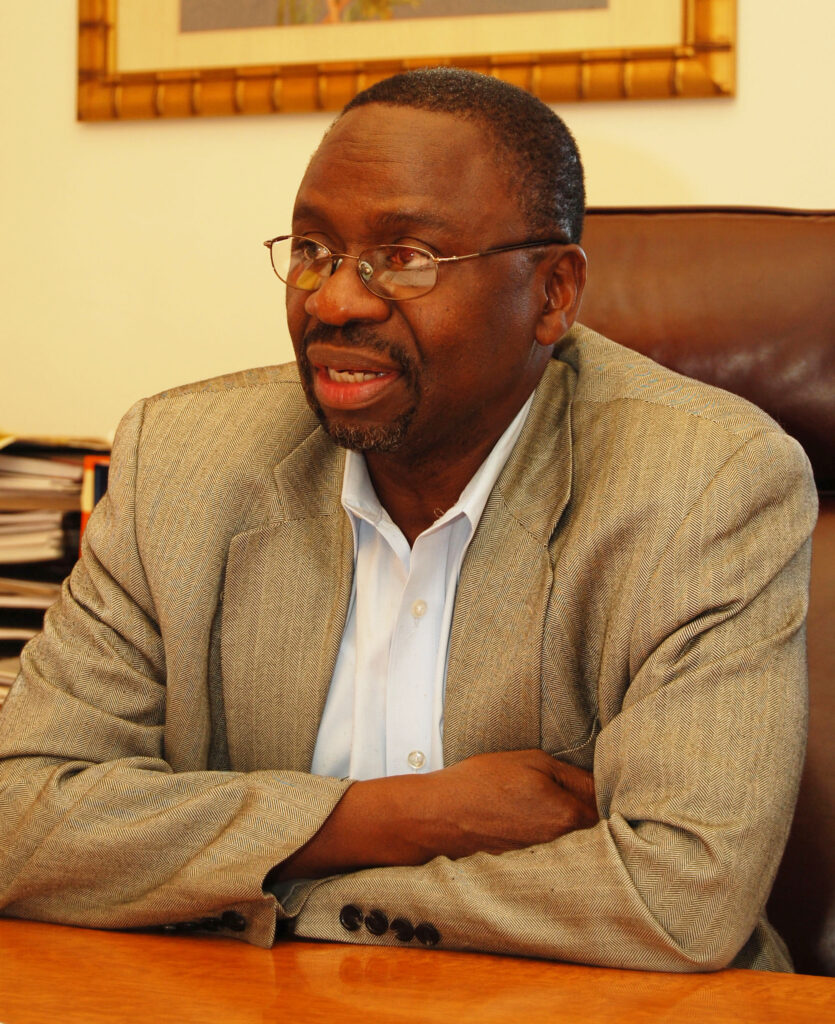His daily tune goes like this: “I wake up in the morning hoping to create a new knowledge ... What is it that I can discover today that will change the world” He is Professor Ilesanmi Adesida, the int...
You are not authorized to read this page without a username and password. It is time to register and subscribe to have unlimited access to everything The Chicago Inquirer has to offer. You can do a monthly, quarterly, six months or yearly subscription.
SUBSCRIBE NOW!!!
and enjoys unlimited access to news, analysis, archives, sports, culture, interviews, and many more.
Not a member? Subscribe or login below:



